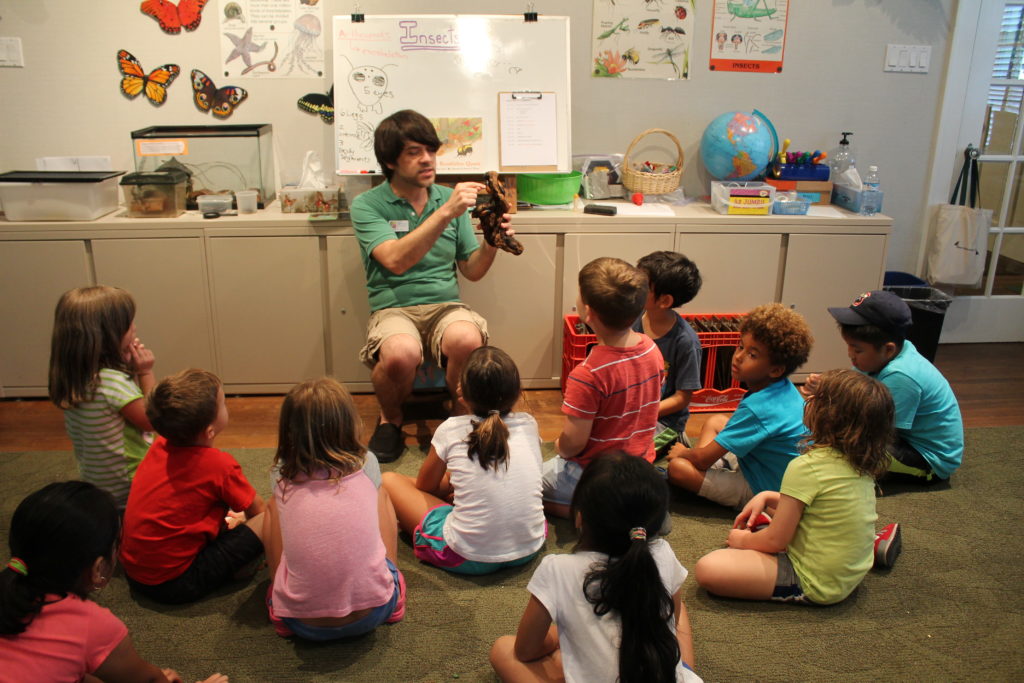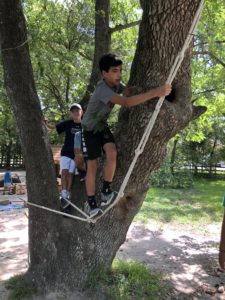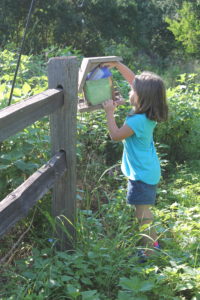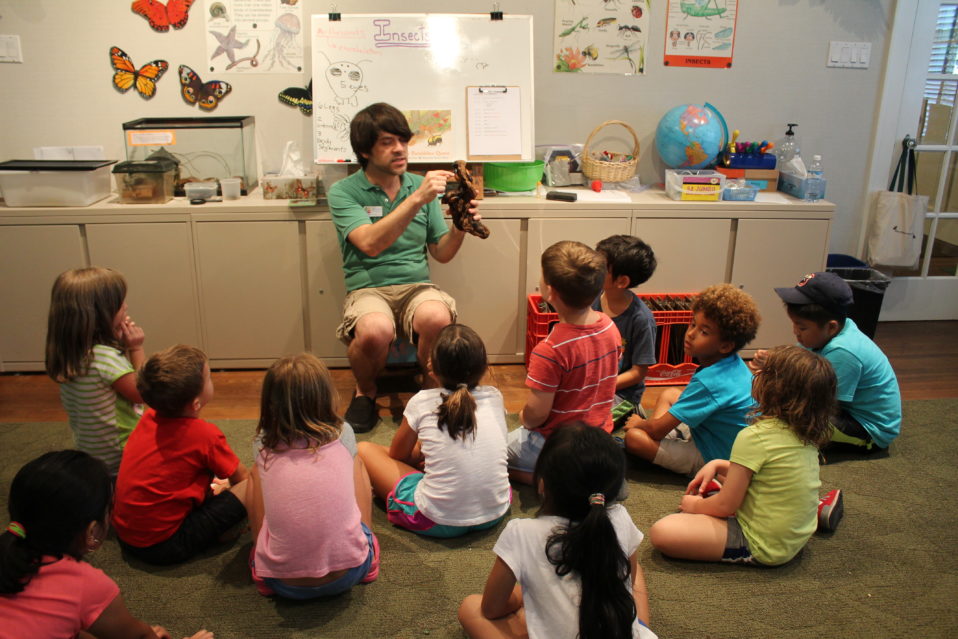 It’s that time again, time to update your calendars with your child’s schoolyear commitments, whether they be music lessons, sports practices, afterschool art or robotics programs. Our children are busier than ever! As you work on penciling it all in, consider scheduling time for nature. Exposure to the natural world plays a critical role in child development and acts as an important de-stressor (www.texaschildreninnature.org/resources/research) but yet is often overlooked as we commit our children to other activities.
It’s that time again, time to update your calendars with your child’s schoolyear commitments, whether they be music lessons, sports practices, afterschool art or robotics programs. Our children are busier than ever! As you work on penciling it all in, consider scheduling time for nature. Exposure to the natural world plays a critical role in child development and acts as an important de-stressor (www.texaschildreninnature.org/resources/research) but yet is often overlooked as we commit our children to other activities.
What does scheduling time for nature look like? What does it mean to commit to nature for an hour or so once or twice a week? For every family and every child this commitment may look different. The specifics may change from week to week as you and your children dabble and explore abundant opportunities to get outdoors around Houston and learn what catches your interest. What is important is that spending time in nature or appreciating the natural world becomes a priority as we fill our children’s (and family) calendars. Penciling in time for nature and treating it as a commitment just as we would soccer or drama or coding classes will not only benefit our children’s development, and reduce their stress, but it will also ensure that they grow up understanding, respecting, valuing, and hopefully protecting the natural world.
So, what are the possibilities? Here are some ways we suggest your child, or even your whole family together, might commit to nature:
- Signing up for structured classes or scheduled programs at a local nature center. The Nature Discovery Center offers Curious Kids for preschoolers and Junior Scientists for elementary aged students.
- Spending time outside at a nature park – playing, exploring, observing. Russ Pitman Park offers shady trails, ponds, a nature play area, interpretive signage and has abundant local wildlife. Try taking informal “field trips” to other area nature parks like Edith L. Moore Nature Sanctuary, the Houston Arboretum, Jesse Jones Park and Nature Center, or Brazos Bend State Park and the George Observatory.
- Volunteering for neighborhood or park clean-up with an organization or simply picking up trash as a family.
- Participating in citizen science and making valuable contributions to science by observing and recording local bees, butterflies, birds, or plants via a free SciStarter.com account.
- Gardening together in your own yard or in a community garden.
- Getting a little dirty with messy outdoor nature play. The sandbox and loose parts play materials in the Nature Play Area in Russ Pitman Park offer great opportunities to get a little dirty!

- Hiking or bike riding on local trails. The Newcastle Trail is a nice, wide trail for family bike rides. With the new bike pump and repair station and bike racks, Russ Pitman Park makes a great pitstop for bike riders of all ages. The Bayou Greenways trail projects along Brays Bayou and White Oak Bayou are also worth exploring and may provide glimpses of our urban wildlife.
- Trying out geocaching (geocaching.com) as a family. It’s like a scavenger hunt that the whole world is always playing (in secret).
- Requesting a behind the scenes tour of a local recycling center or wildlife rehabilitation facility. The Texas Wildlife Rehabilitation Center and Wildlife Center of Texas have a wealth of experience caring for orphaned and injured animals and can offer great advice about what you can do if you encounter wildlife that may be in distress.



